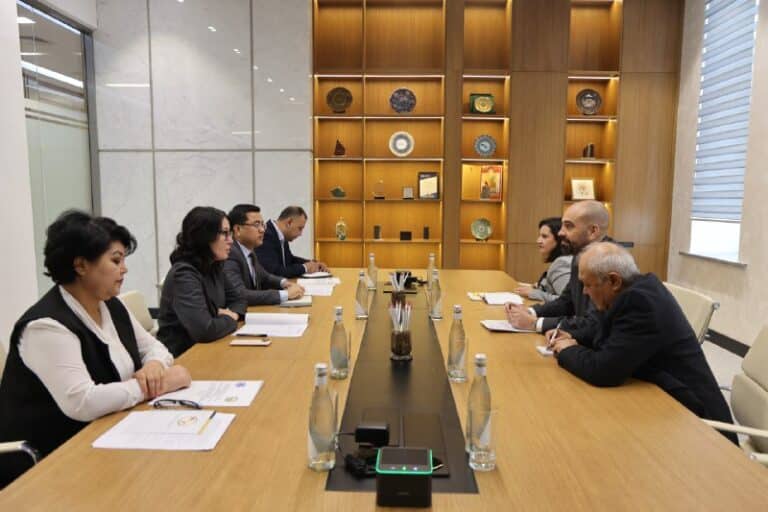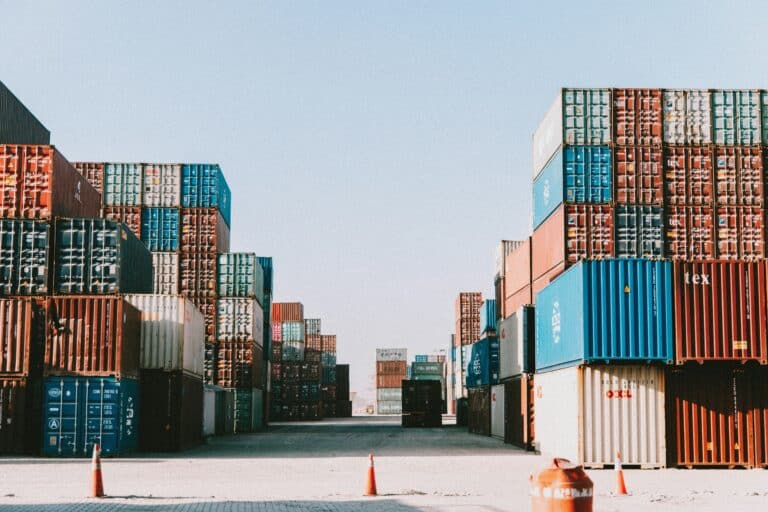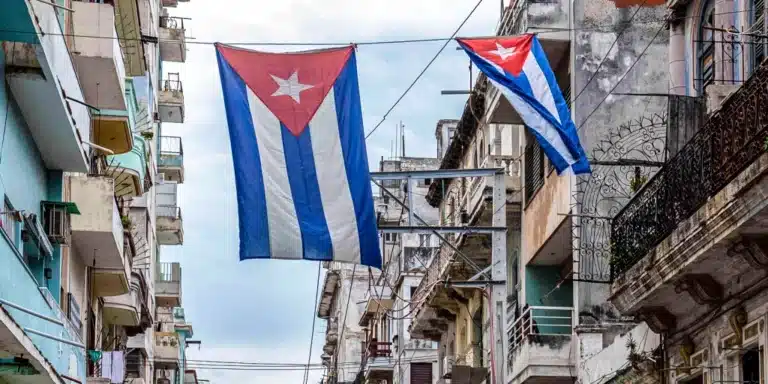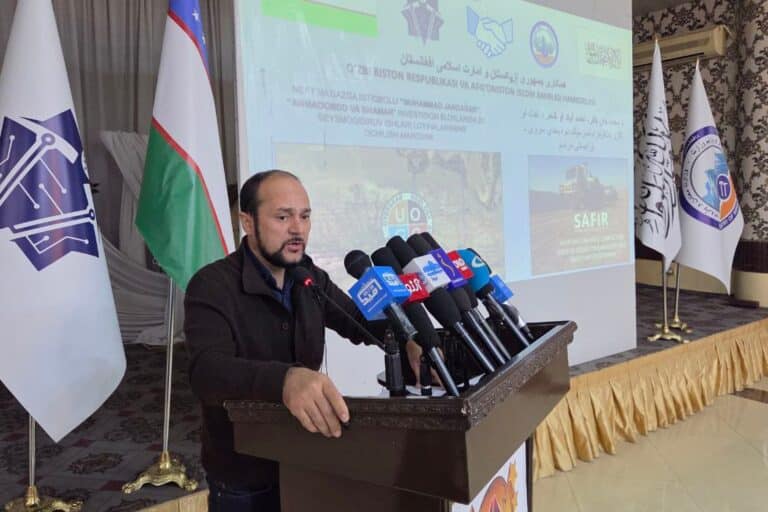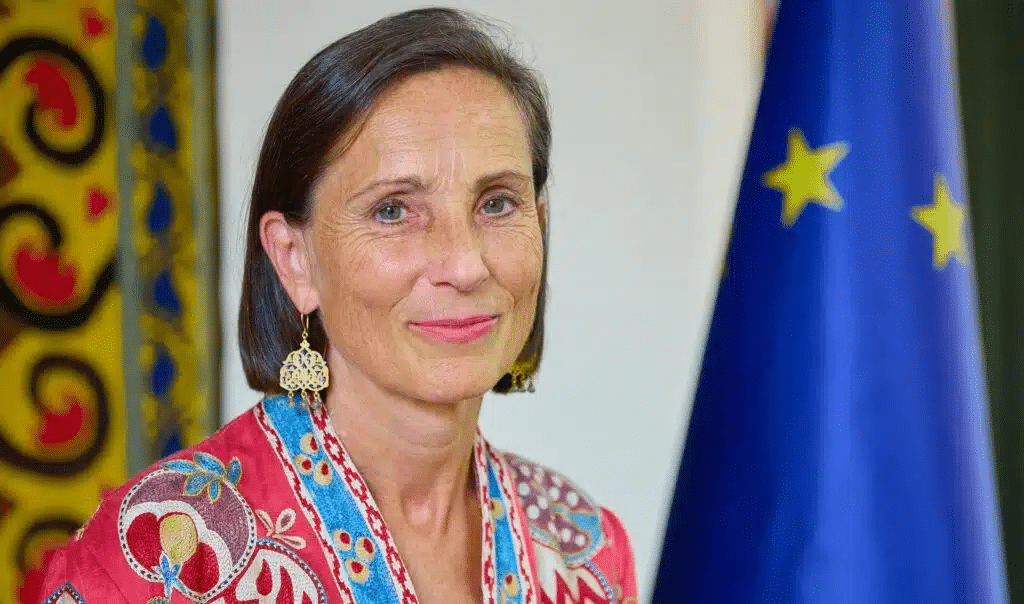
The European Union is actively supporting women’s initiatives in Uzbekistan. The EU funds training programs for women in various regions, promotes women’s entrepreneurship, and assists in combating gender-based violence. These activities are implemented through a range of programs that the EU operates in Central Asia and globally. We spoke with the EU Ambassador to Uzbekistan, Her Excellency Charlotte Adrian, about developing women’s leadership in the country and how the EU contributes to protecting women’s rights.
Making a difference
— Your Excellency, you are in your fourth year as EU Ambassador to Uzbekistan. In your opinion, how is women’s leadership developing in the country? What changes do you see?
— Women’s leadership, gender equality, and the fight against violence towards women are top priorities for the European Union. The third EU Gender Action Plan has been in place for four years, promoting gender equality and empowering women in all areas of our external actions. Together, we work toward a brighter and fairer future, guided by our shared vision, collective efforts, and determination.
Today, women’s leadership in Uzbekistan is progressing positively. Women are taking on increasingly active roles in political and public life and in high-level decision-making.
The EU values these developments because empowering girls and women is essential for boosting economic growth and promoting social development. By receiving a high-quality education, women can create new opportunities for economic advancement and improve the quality of life in their communities.
We need more women leaders, not just in Uzbekistan but worldwide.
Involving more women in decision-making enhances the credibility of democratic institutions, promotes inclusive governance, and empowers women to impact their communities positively. The upcoming parliamentary and municipal elections in Uzbekistan in 2024 will provide significant opportunities to increase women’s political participation.
— How is the European Union working to promote women’s leadership?
— Today, we have an active dialogue among women at various levels. For instance, in November, women MPs from the parliaments of all five Central Asian countries visited the European Parliament in Brussels as part of a so-called “women’s caucus.” Additionally, the INTER PARES project, funded by the EU, involves cooperation between the Senate of the Oliy Majlis and the parliaments of seven EU member states, with gender issues as a key priority.
By 2025, at least 85% of all new external actions of the European Union will prioritise gender equality and women’s empowerment as core objectives. Recognising gender equality is essential for achieving social equality. Our goal is to maximise the benefits of all relevant programs and end the perpetuation of societal inequalities.
In Uzbekistan, we are also working to integrate gender considerations into all policies and actions. We have recently begun identifying areas where EU expertise and assistance can be utilised most effectively to adopt a gender program in 2024.
Education above all
— The European Union actively cooperates with public institutions and non-governmental non-profit organisations (NGOs) that support women’s leadership and gender equality and work to protect against gender-based violence. What is the role of public associations in this issue?
— In Uzbekistan, cooperation between the European Union and various women’s rights organisations highlights the importance of a multi-stakeholder approach to addressing gender issues. Non-governmental organisations (NGOs) and state institutions are crucial in promoting gender equality. Through this collaboration, policies that align with international standards are developed and implemented, providing a solid foundation for joint efforts with the European Union.
NGOs are vital partners in raising awareness of gender issues through educational initiatives and unique campaigns. Education is essential for women’s empowerment, as it is the key to changing social norms and creating inclusive environments. Meanwhile, public institutions can leverage their resources to maximise the impact of EU-supported projects, reaching a broader audience and promoting social change.
Furthermore, collaboration between state institutions and NGOs is vital for providing support to victims of gender-based violence, including helplines, shelters, and legal assistance. By working together with NGOs and international organisations, state institutions can address issues related to gender-based violence more effectively.
Overall, the active involvement of both state institutions and NGOs is essential for the success of initiatives aimed at promoting women’s leadership, achieving gender equality, and combating gender-based violence in Uzbekistan.
Helping neighbours
— The European Union has implemented a program to train Afghan women. What are its results, and what other educational initiatives is the EU executing in Uzbekistan more broadly? What are your plans for the future?
—Since 2020, the European Union has been funding a program to support and empower Afghan women economically through education in Kazakhstan, Uzbekistan, and the Kyrgyz Republic. The total budget for this project is six million euros.
By 2027, 155 Afghan women will have completed higher education and technical vocational training in Central Asia. This program was initiated before the Taliban took power in Afghanistan, but it has become even more crucial in the current context.
Afghan women and girls are currently facing unprecedented challenges to their basic human rights, including the right to education, employment, and personal development. According to UNESCO data, nearly 30% of Afghan girls have never attended primary school. Furthermore, since December 2022, higher education opportunities for women have been suspended indefinitely, impacting over 100,000 women enrolled in public and private higher education institutions in Afghanistan.
— What threat does this situation pose to women in Afghanistan?
— The lack of development opportunities, as well as for achieving economic security and freedom, makes Afghan women and girls particularly vulnerable to violence. In response, the EU-funded project implemented by the United Nations Development Programme (UNDP) creates new opportunities for Afghan women and girls.
So far, more than 90 individuals have been successfully trained in Central Asian countries, and they are now recognised as skilled professionals and agents of change—qualities desperately needed in Afghanistan.
The program is ongoing, with 65 additional female students receiving training as part of this initiative. Notably, nine girls who completed agronomy courses in Uzbekistan have already graduated. Additionally, another 30 Afghan women are continuing their studies in agriculture. More than half of the graduates have also received prestigious international scholarships to universities in Europe, the United States, and East Asia.


